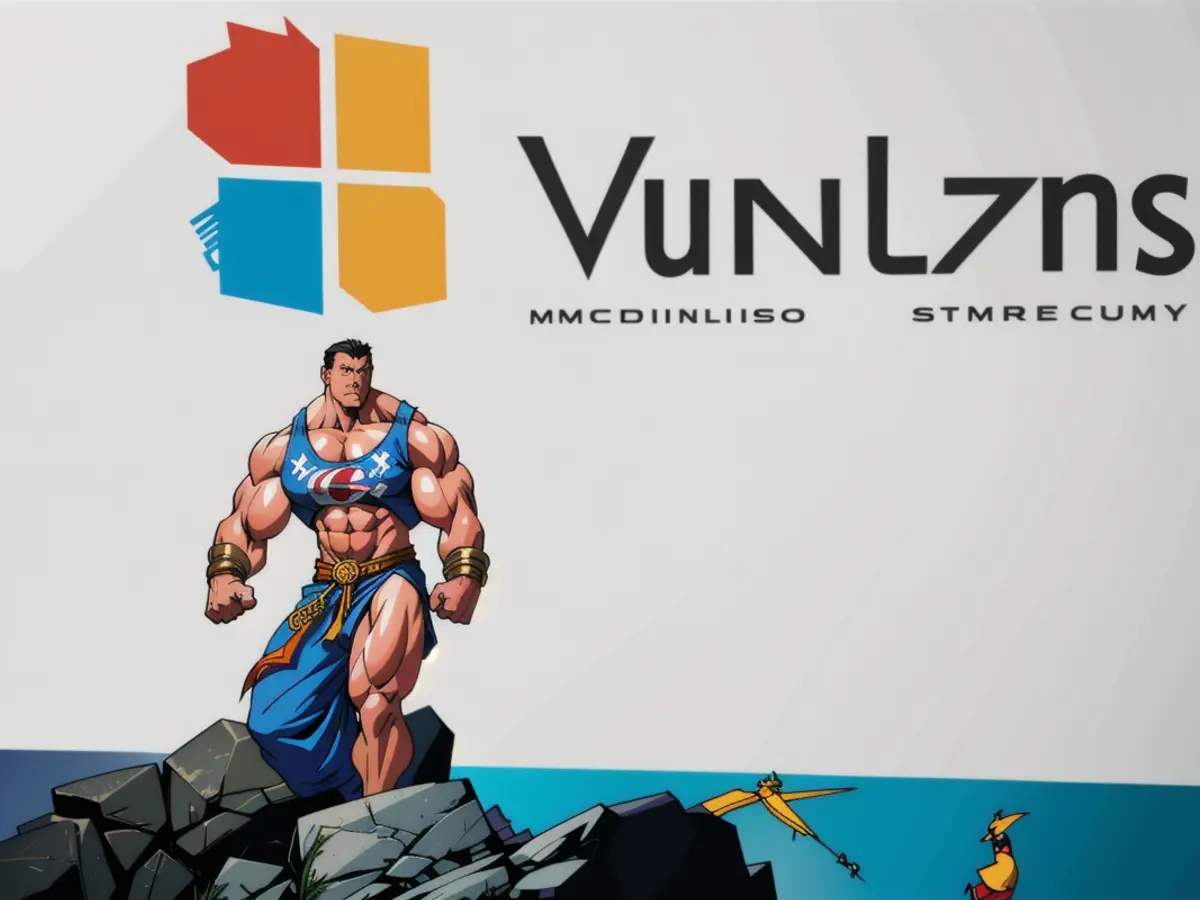Microsoft Contemplates Embracing an Open Approach in Collaboration with OpenAI
Microsoft and OpenAI have had a beneficial partnership, with Microsoft providing billions to an AI lab startup in exchange for early access to advanced models that enhance Microsoft's productivity software suite. However, the two entities are diverging, and according to a Reuters report, Microsoft is planning to integrate additional models into its 365 Copilot product that aren't developed by OpenAI.
The rationale, as per the report, is that Microsoft views OpenAI's advanced GPT-4 model as costly and slow to meet enterprises' demands. Copilot 365, an AI assistant integrated into Microsoft's productivity applications like Word and PowerPoint, is supposed to handle various tasks, such as swiftly searching for information without needing to search through multiple apps, producing a list of a company's most profitable business units, or instantly summarizing meetings and emails.
However, customers and insiders have expressed disappointments with Copilot 365. In a recent Business Insider report, Microsoft employees, speaking anonymously, described the tool as "terrible" and "gimmicky," hardly functioning properly 75% of the time. On the customer side, Business Insider cited a survey of 123 IT leaders conducted by management consultancy Gartner, where only four reported Copilot providing significant value to their companies. It's important to note that other sources have reported success stories with large language models, for instance, by streamlining customer support.
Particularly, some customers spoke to Business Insider about 365 Copilot's high cost.
OpenAI's ChatGPT is a versatile, general model, which is costly and slow due to its extensive data processing. Therefore, most models are offered in "lite" versions with less computationally intensive inference or "thinking." Microsoft is reportedly working on developing in-house, smaller models like Phi-4, and Reuters sources mentioned that the company is looking to "customize other open-weight models" to make 365 Copilot faster and more efficient.
In many ways, it's logical for Microsoft to lessen its dependence on OpenAI. If the company's prediction of AI as the future generation of computing is correct, it would be risky to rely on an independent company for the core technology.
Microsoft has invested billions in OpenAI and will receive 75% of its profits until it recoups its investment, and even afterwards, it will maintain a substantial stake in the startup. Consequently, the company is effectively hedging its bets; building its own in-house models while simultaneously maintaining a stake in OpenAI in case it continues to grow exponentially.
Despite being the current industry leader, some OpenAI critics question if a true winner in the AI race has been identified yet (if these technologies are as transformative as we're told). Similar to the '90s, when multiple search engines emerged only to be overshadowed by the latecomer Google. Therefore, Microsoft may be wise to hedge its bets.
In the future, Microsoft aims to integrate more AI models into its 365 Copilot product, surpassing its reliance on OpenAI's advanced models due to cost and slow delivery issues. Recognizing the potential of artificial intelligence in shaping the future of technology, Microsoft is strategically developing in-house models like Phi-4 to enhance the efficiency of 365 Copilot.








